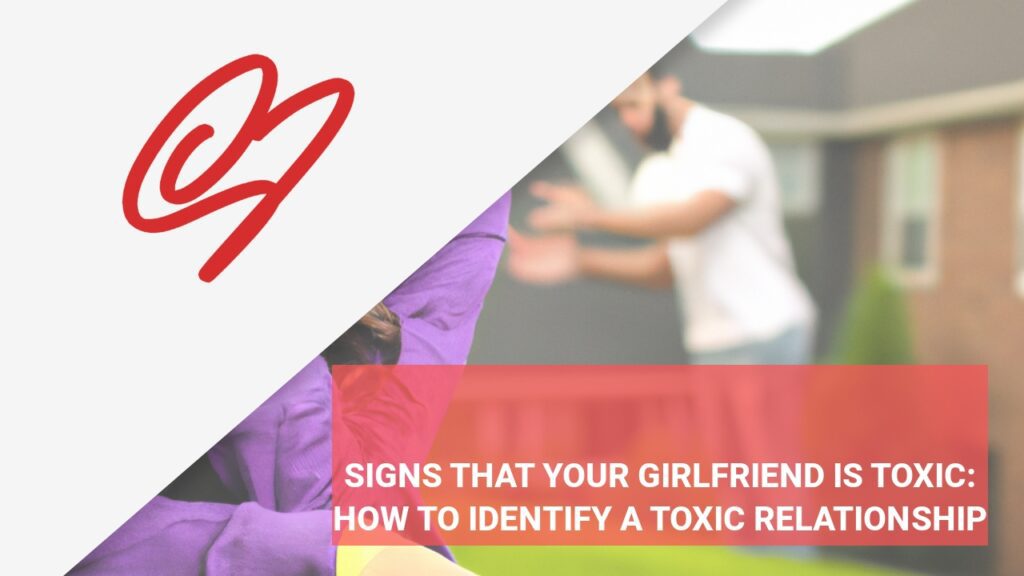My Boyfriend Keeps Saying I Love You
As a woman, hearing the words "I love you" from your boyfriend can be one of the most wonderful things in the world. But what if your boyfriend keeps saying "I love you" too often? Is it still sweet or does it start to feel like too much too soon? In this article, we will explore the different aspects of saying "I love you" and how to keep the romance alive in your relationship.
The Power of Three Little Words
"I love you" is a powerful phrase that can convey a lot of emotions. These words have the power to make you feel loved, appreciated, and valued. It’s important to remember that these three little words can have a big impact on your relationship, and saying them too often can make them lose their value.
How to Keep Romance Alive
Keeping the romance alive in your relationship is important, and it’s a team effort. It’s important to make time for each other, communicate openly and honestly, and show affection regularly. Doing small things like leaving love notes, sending sweet texts, or planning a surprise date can help keep the romance alive.
Sweet Nothings at Every Turn
While saying "I love you" is important, there are other ways to express your love and affection for your partner. Saying sweet nothings like "you mean the world to me" or "I can’t imagine my life without you" can also make your partner feel loved and appreciated.
What "I Love You" Really Means
Saying "I love you" means different things to different people. Some people use it as a way to express their deep affection and commitment, while others use it more casually. It’s important to talk to your partner about what the phrase means to you and to make sure you’re on the same page.
When to Say "I Love You" Back
If your boyfriend keeps saying "I love you" and you’re not ready to say it back, it’s important to be honest with them. It’s okay to take your time and make sure you’re ready to say those words. When you do say "I love you" back, make sure you mean it and that it’s not just in response to your partner’s frequent declarations of love.
Different Ways to Say "I Love You"
There are many different ways to say "I love you" without actually using those three words. Saying things like "you’re amazing" or "I’m so lucky to have you" can be just as meaningful. It’s important to find a way to express your love that feels genuine and authentic to you.
How to Respond to "I Love You"
When your boyfriend says "I love you," it’s important to respond in a way that feels genuine and authentic to you. Saying "I love you too" is an obvious response, but there are other ways to respond depending on the situation. Saying things like "thank you" or "you make me so happy" can also be appropriate responses.
The Joy of Never-ending Love
In a healthy and happy relationship, love should never stop growing. Saying "I love you" frequently can be a sign that your partner is deeply committed to you and wants to express their love on a regular basis. Embrace the joy of never-ending love and remember that saying "I love you" is just one way to express your deep affection for your partner.
Conclusion + FAQs
In conclusion, saying "I love you" can be a wonderful way to express your love and affection for your partner. However, it’s important to find a balance between expressing your love and saying it too often. Remember to keep the romance alive in your relationship by making time for each other and expressing your love in different ways. Here are some FAQs to help you navigate saying "I love you" in your relationship:
-
Should I say "I love you" if I don’t really mean it?
No, it’s important to only say "I love you" if you truly mean it. Don’t say it just because your partner does or to avoid hurting their feelings. -
Is it okay to say "I love you" over text or social media?
While saying "I love you" is always appreciated, it’s best to say it in person or over the phone to make it feel more personal. -
How often should I say "I love you" in my relationship?
There’s no set number for how often you should say "I love you." It’s important to find a balance between expressing your love and saying it too often that it loses its value.

